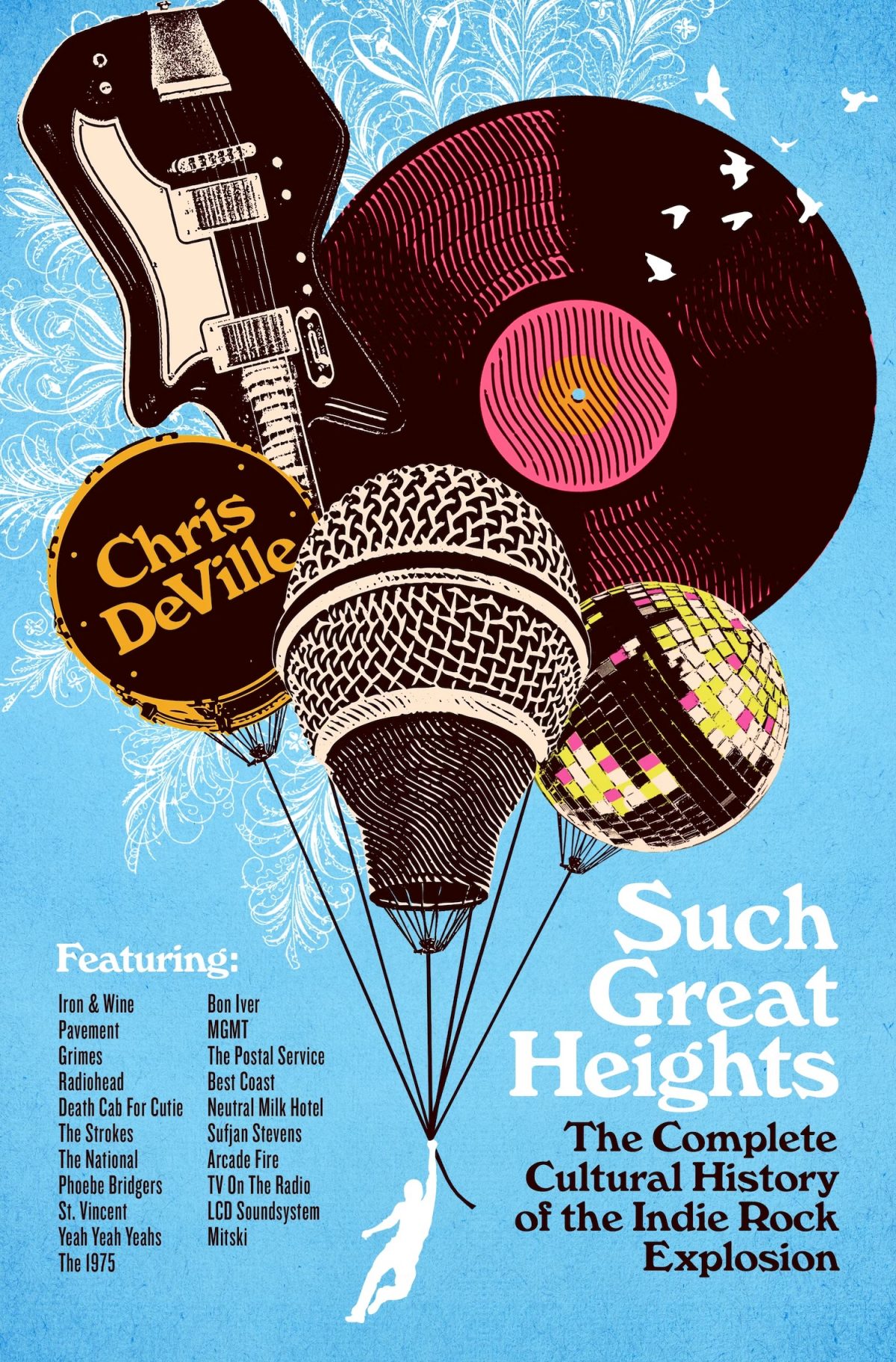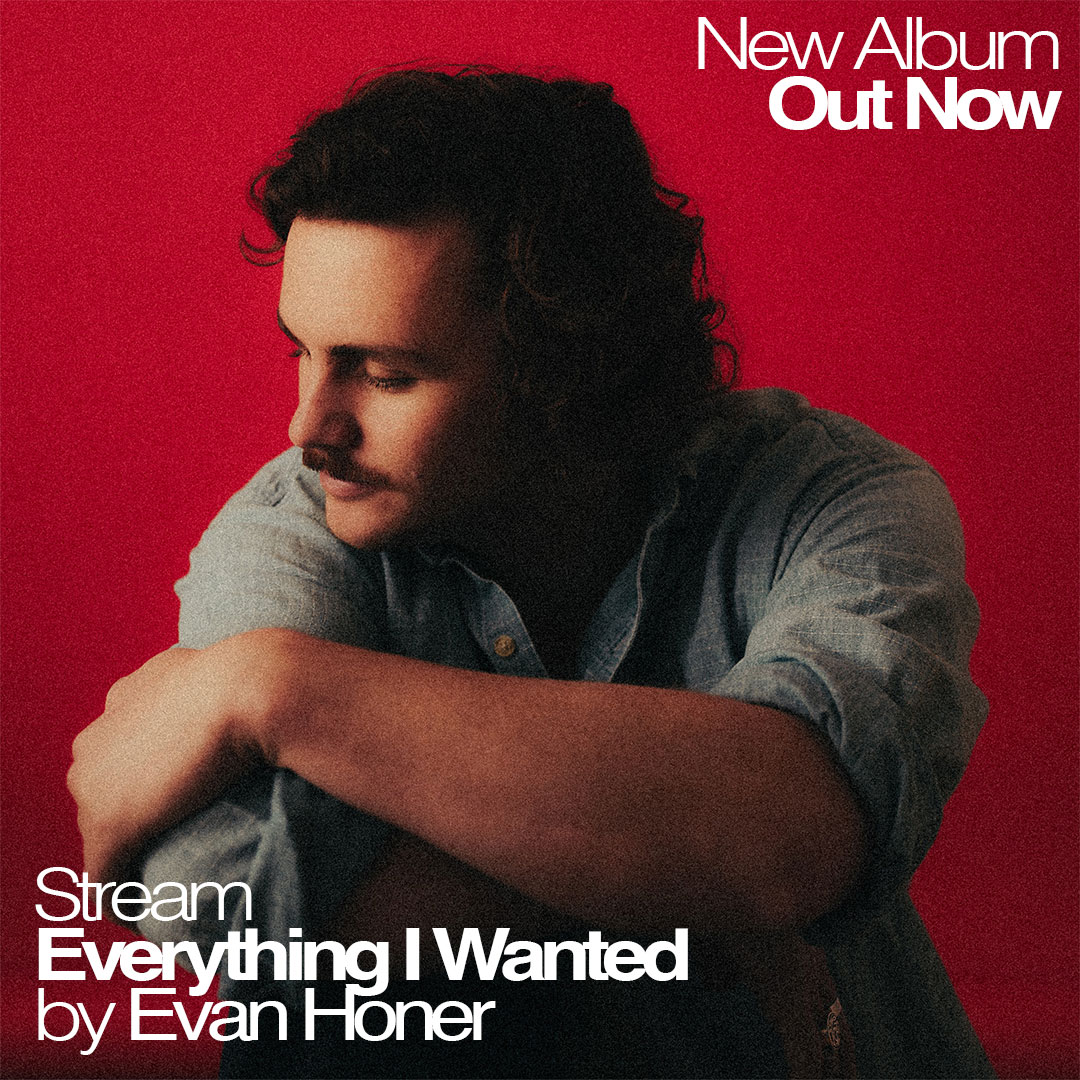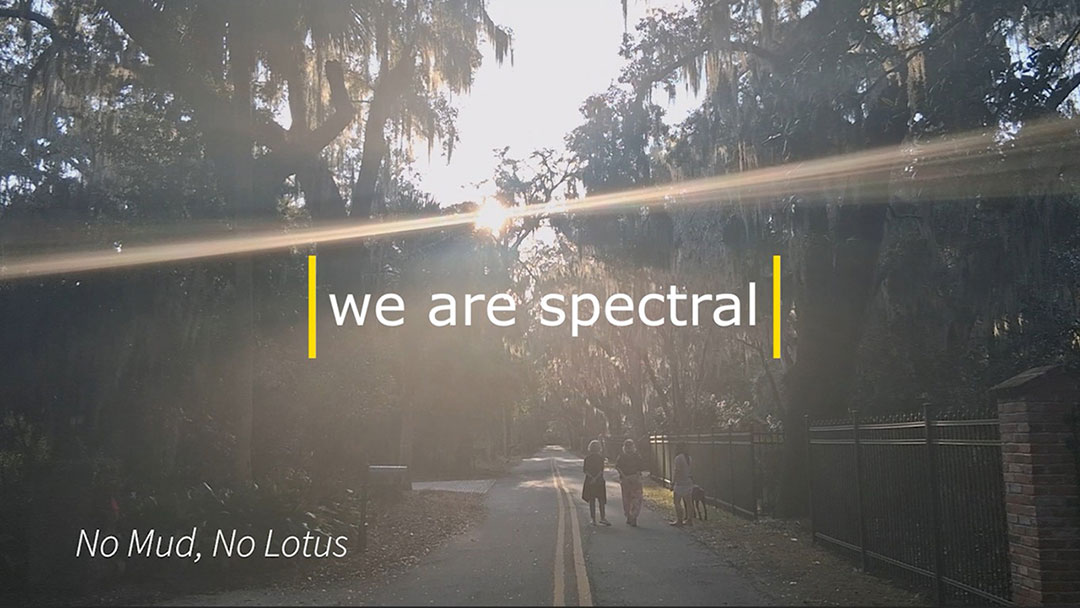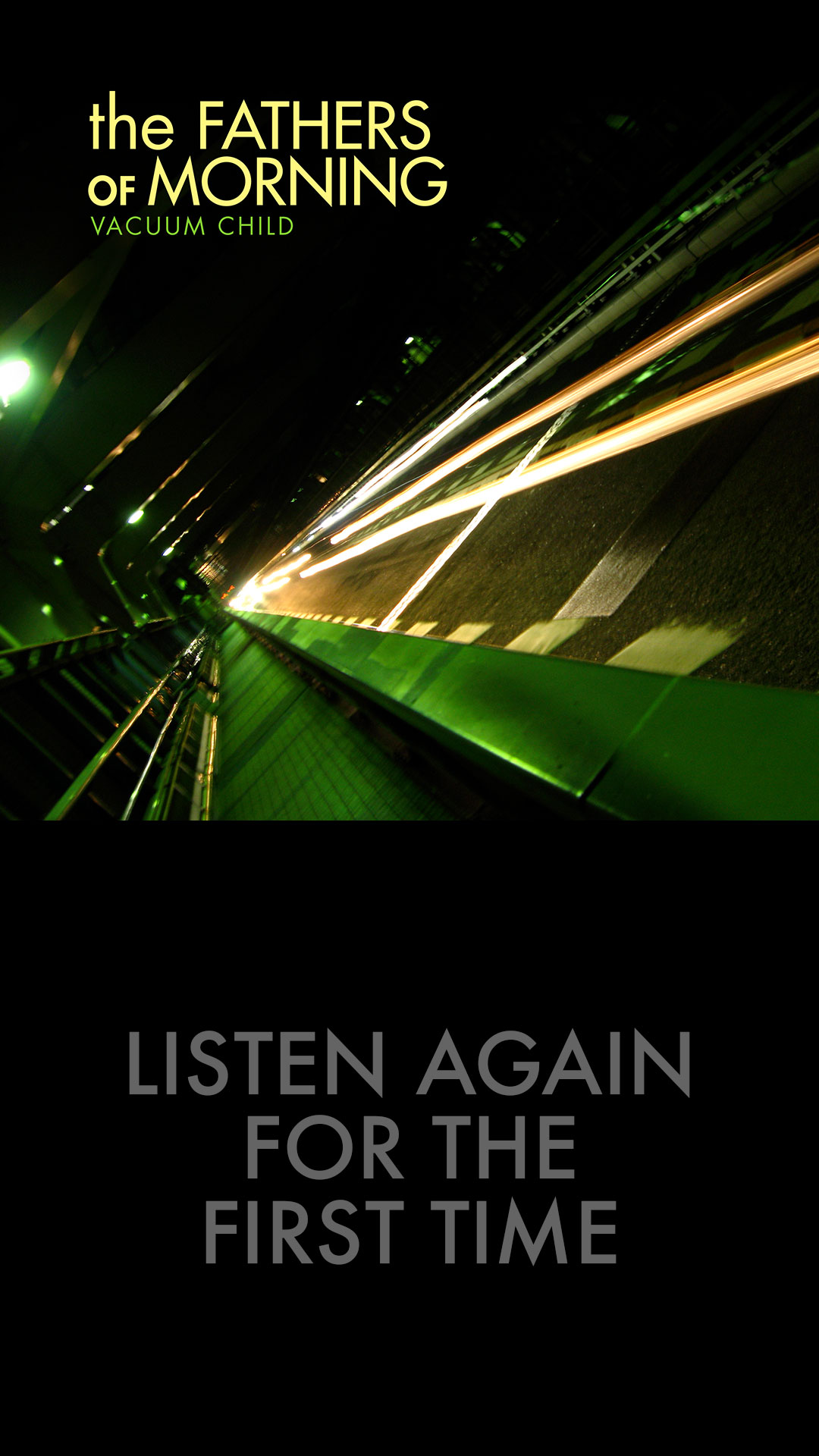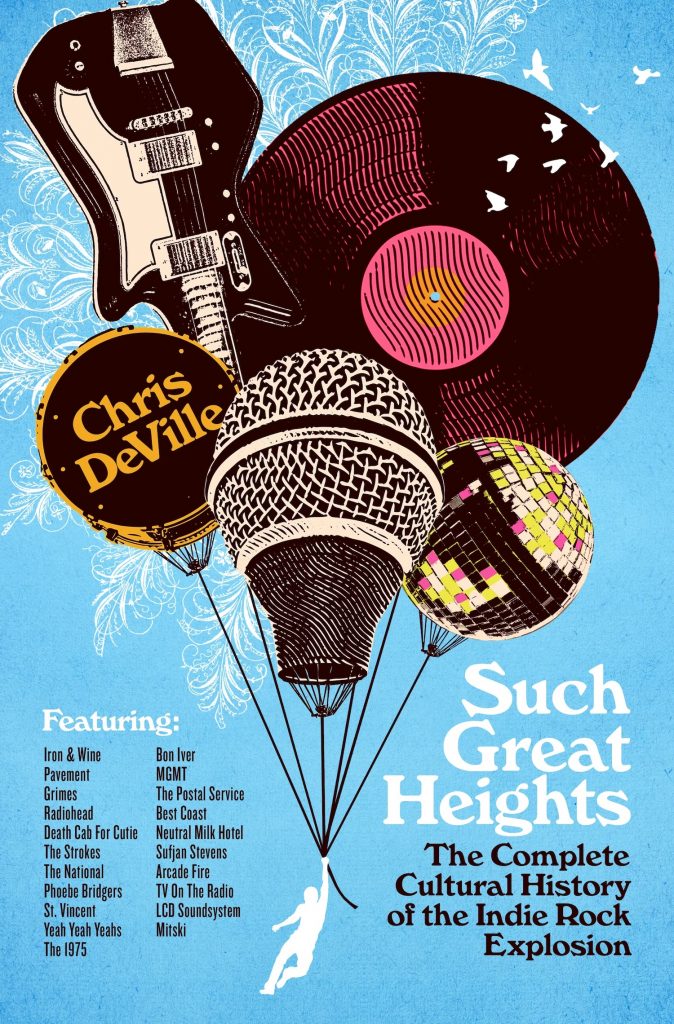
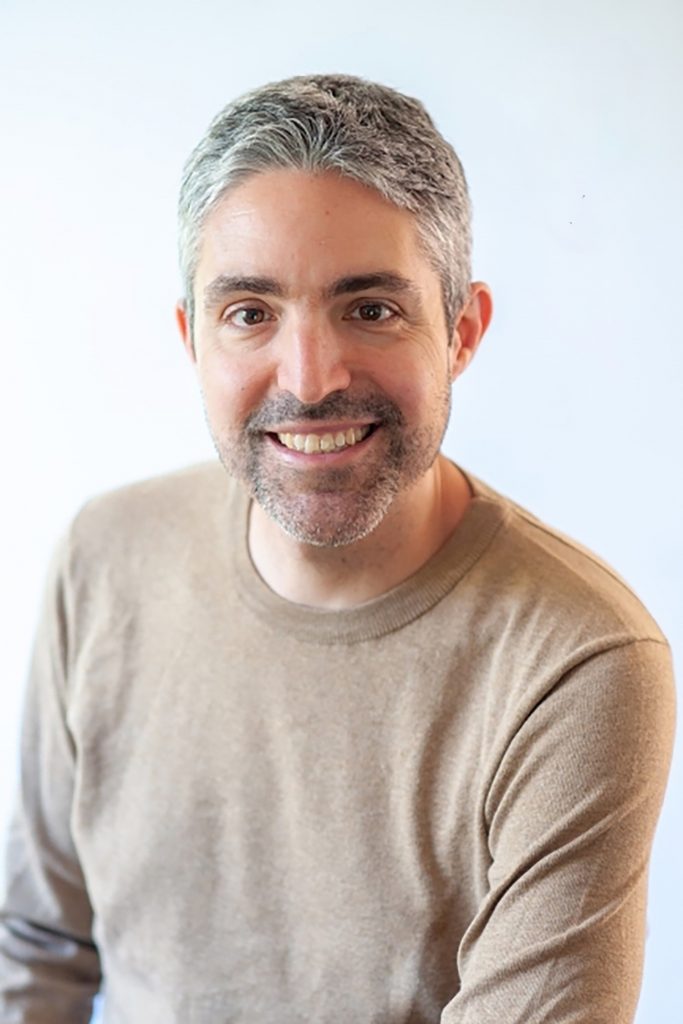
Think it’s impossible to draw a musical line from Pavement’s totemic Slanted And Enchanted to Taylor Swift’s Folklore? Well, in Such Great Heights: The Complete Cultural History Of The Indie Rock Explosion, author Chris DeVille makes a comprehensive case showing how 1990s alternative music evolved into an explosion of early-2000s band activity while making its way through various subgenres like dance punk and indie folk before morphing into and influencing much of the popular music of today.
Drawing on his decade-plus experience as an editor at Stereogum, DeVille delves into how artists like the Strokes, the Postal Service, Bon Iver and MGMT built on the legacy of their alternative forebears to forge new and exciting sounds. He also shares anecdotes of how the music impacted him personally as he grew from a teenager dabbling in nu metal to a prolific and discerning music-blog writer. Dozens of artists are covered, so the song suggestions provided at the start of each chapter complement the text and offer a useful listening guide.
MAGNET’s Bruce Fagerstrom spoke with DeVille to discuss the shifting indie-music scene, how streaming has changed music discovery and the threat/opportunity posed by AI.
I’ve been struggling with the definition of “indie music.” It seems an incredibly big umbrella. Is it a sensibility rather than a sonic signature? At times, I wondered if parts of it are just alternative music with a new name. Help me out.
Well, I would say that indie music started out as an objective description for independently released music. And then it kind of became a genre: a certain kind of independently released music. There ended up being enough of an aesthetic consistency that something we think of as indie rock came to be mixed in there with alternative rock. I mean, the difference between indie and alternative rock is a whole can of worms. And some may argue there is no difference. And then, as the artists in that genre evolved their sound and the audience for that genre broadened their horizons and the corporate interests that began to poke around that genre got involved, it became less a genre and more a demographic.
I like to say there’s not necessarily a specific sound that is pop. It’s more of a container for what is popular. And so, at this point, it feels like indie has almost become a meaningless term because it’s been applied to so many different things. And even now, I think it probably means five different things to five different people. Because even I use it kind of fluidly. If I say indie rock, I’m usually thinking about music that relates to a sort of 1990s scrappy underground rock, like Pavement, certainly Guided By Voices, and stuff that has some sort of aesthetic continuum with that music. But we really did get to the point where you had indie bands that were basically just making synth pop. And so, there was a certain transition that happened where it went from being an identifiable genre into more of a catch-all term for a certain kind of underground music. That’s part of the point of the book, that it sprawled into this uncontainable, indefinable thing and yet those of us who have cared about indie rock or indie music in the past still have a “you know it when you hear it” thing.

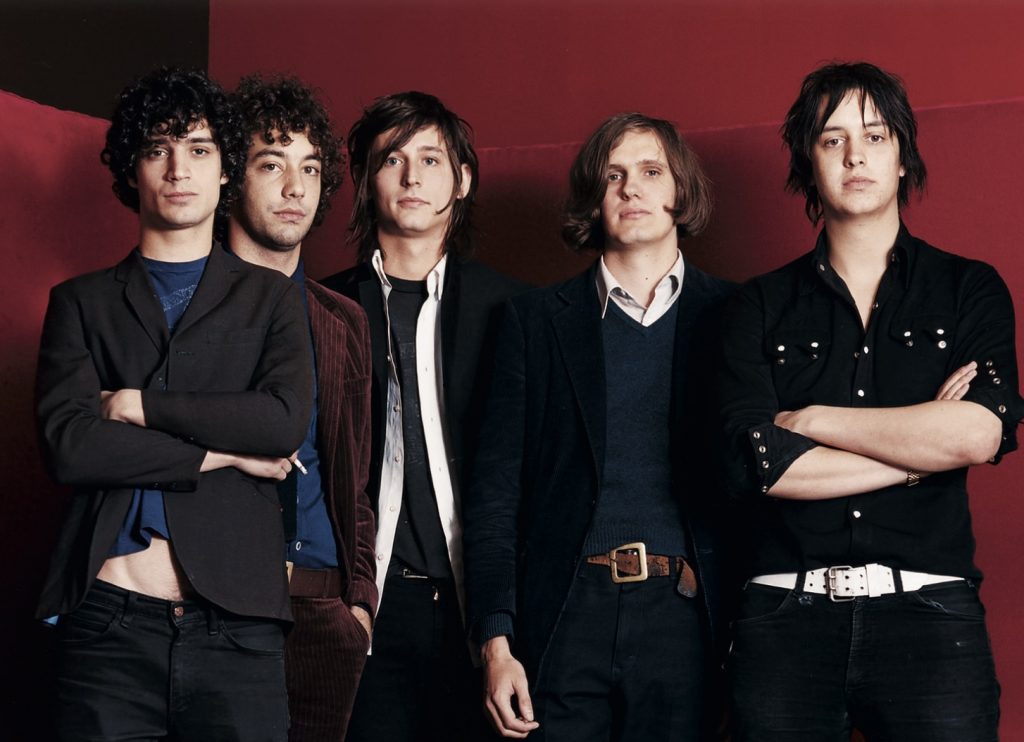
If an artist like boygenius headlines Coachella, then sells out arenas, is that the death of indie or its vindication?
It’s a good question. I don’t think it’s the death of indie. I don’t think any artist achieving success or even evolving their sound in a more populist direction necessarily indicates the death of indie. I don’t think the guitar-driven indie rock of old ever really went away. Everything goes through phases of fashion and trends. So, I don’t think artists from the indie world smoothing out their sound or blowing up necessarily means the death of indie.
I mean, there have been people proclaiming the death of indie for a long time, but I feel like it continues to persist. We have the biggest indie bands right now, or the ones that are blowing up the most, kind of veer away from the poppier, more accessible forms. I feel like we’re seeing a groundswell of more rocking, weird, abrasive bands building a big audience right now, so I feel it’s more just that these things move in cycles, and I happened to be writing about one life cycle. You can even go back to punk in the ’70s, and you get Blondie having number-one hits that sound nothing like the Sex Pistols. And it’s a very similar evolution to the one that I’m tracking in my book.
There were thousands of songs written during the time period you cover in the book, so making sweeping assessments is tricky, but many of the lyrical themes seem to be centered around inner-life concerns: mental health, spirituality and distance, whether emotional, physical or technological. Does that seem like a fair assessment?
I think there’s something to that. You don’t have as many indie songs about partying. I mean, some of the pop stars that have been shoehorned into the indie world or some of the bands that took indie in a poppier direction did so by bringing more of a party atmosphere into it. Same thing with Charli XCX. She was part of the class of the early-2010s indie-pop stars, and she certainly brought a party element to it. Even the dance-punk bands and the blog-house thing that brought a party component to the music, the starting point was that more interior type of music that you’re pointing out. That’s an interesting framework for understanding indie versus pop. And sort of the spectrum of indie and pop is the idea of inner life to exterior. I like that way of thinking about it a lot.
Something I noted seemed to be the absence of political themes. No 1960s style anti-war messages, no unified counterculture protests, no reactions to Reagan/Thatcher-type figures. One article I read suggested it might be because the 1990s and 2000s were years of relative prosperity and peace, but that’s not really true with September 11, the Iraq War, the popping of the first dot-com bubble and the Great Recession. Maybe these events landed and instead of detonating outward, they imploded inward for songwriters. What’s your take on it?
Yeah, it’s interesting. I don’t feel like there was a lot of protest music happening in indie rock in the 2000s. You saw it once Trump came along. During Bush it wasn’t completely absent. You had Sleater-Kinney; One Beat was definitely a post-9/11 protest album. Bright Eyes had some explicitly political material, but there was definitely more of a trajectory toward the inner-life stuff that you were talking about.
So, one theory on that, that I get into briefly in the book during the folk chapter, is the idea that millennials responded to 9/11 not with protests, but by disappearing into fantasy and nostalgia and longing for childhood. And that’s where you get some of the freak-folk stuff. That’s where you get the chillwave stuff. Chillwave, more directly, I think, being a response to the Great Recession. So, there is that idea put forth that instead of protesting, putting up a fight, it’s people sort of disappearing inward, disappearing into fantasy, disappearing into nostalgia. There was protest from some corners of the world. During Occupy Wall Street, I remember Jeff Mangum from Neutral Milk Hotel reemerged and was performing at the protest. But it wasn’t the main thing that was happening in indie music at the time. I don’t know what it says about my generation that that’s how we responded.
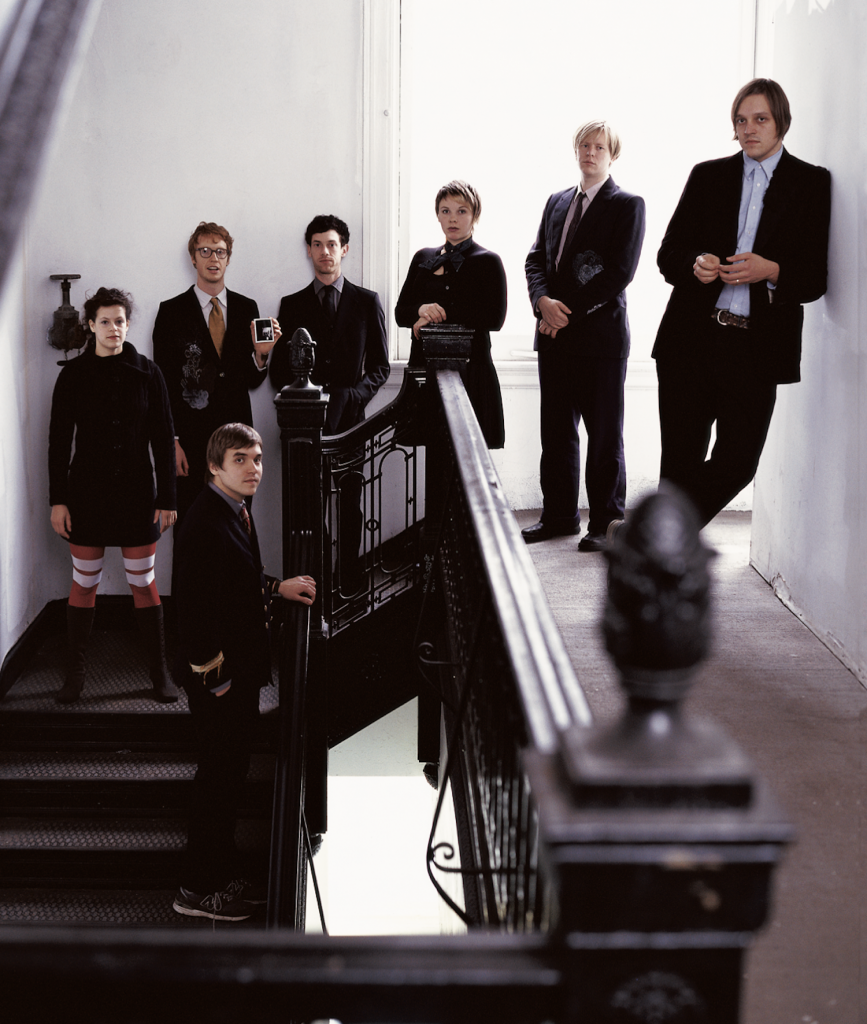
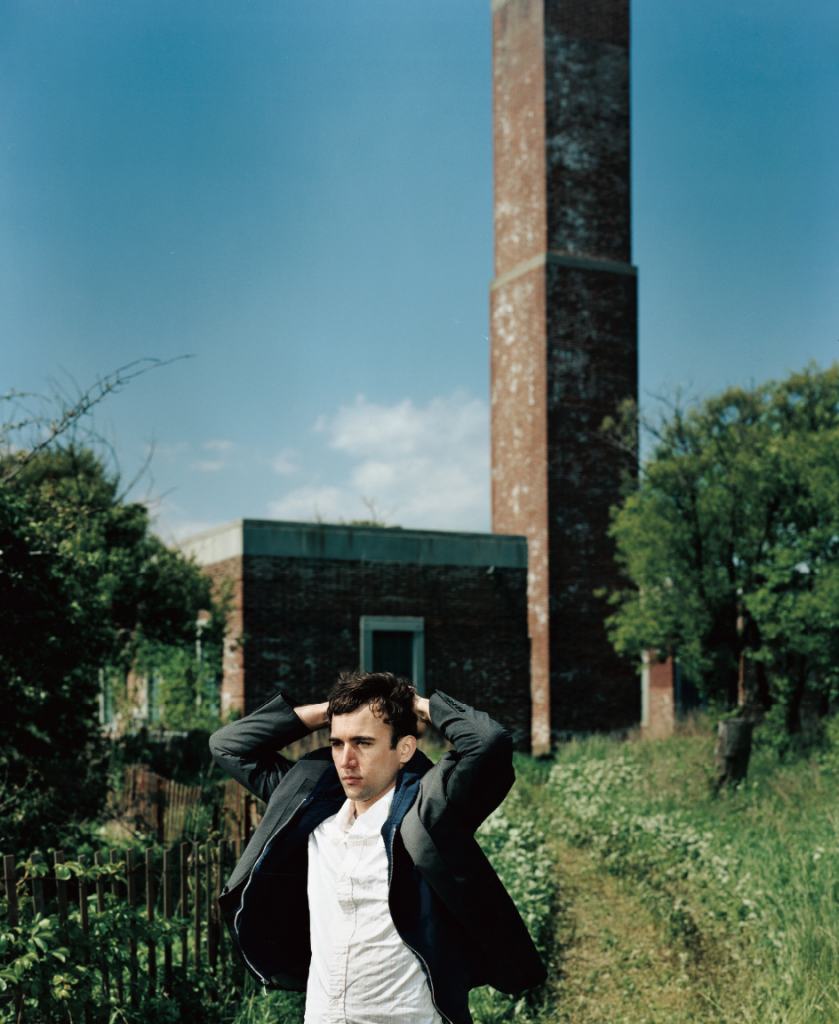
How important was, or is, it to have a local scene for indie music to thrive? I mapped out where all the bands listed on the cover were based, and New York was the only locale that really stood out to me as having a central position. In my notes, I wrote down “Brooklyn as Laurel Canyon.” But maybe that’s wrong. Did the internet render the need for a physical scene moot to a degree at some point?
I touch on that a bit in the book. I think I quoted from writer Keith Harris. He had a piece that was basically about the idea that indie rock always centered on local scenes, and it percolated upward from somewhat cultural backwaters. Certainly, New York was always a part of it. But, you think about the Twin Cities, North Carolina, Chicago. I mean, these aren’t exactly the middle of nowhere. But, middle America definitely played a big part in all these local scenes. They were part of an interconnected network of touring venues and record labels.
And then, the internet comes along and suddenly it becomes possible for the whole world to be tuned in to what’s happening in Brooklyn or lower Manhattan or what have you. And this idea of the archetype of the Brooklyn hipster suddenly becomes well-known throughout America and the world, the same way that the hippie was well known 35 years before that. And related to that was local media dying out more and more. Media becomes more centralized on the internet and becomes more and more focused on New York and the coasts in general. Brooklyn in the 2000s was like everyone’s local scene.
So, I feel now media has degraded to a large extent. There’s not as much national or international media with that much reach. Social media has kind of overtaken a lot of that. I mean, you still have YouTube and podcasts and that’s a whole other universe. But, I guess the media that was making New York feel like the center of the universe is less entrenched in power than it used to be.
And I think that the need for local scenes is more and more apparent because venues are closing. It’s harder to tour. It’s more expensive to tour. It seems harder than ever to even break even as a record label. As a performer, the economics of it are not good. And so it feels like being able to band together in a local community is essential for the perseverance of independent music in general and indie rock in particular.
Who are some indie bands from the period you covered who you think are continuing to innovate?
In terms of artists from the 2000s indie heyday that are continuing to innovate, I think Sufjan Stevens has been interesting. He’s pushed his sound in a bunch of different directions, and even when he did Carrie & Lowell in 2015 and it was billed as his return to folk music, it was by no means a copy. It was distinctively a new era and the style was different, the tone was different. He’s gone through a couple of different electronic phases too, and it’s been constant evolution that’s really interesting to see.
I made a playlist of good 2020s songs by 2000s indie artists. And a lot of those songs were basically just artists continuing to do well what they did 20 years ago. I wasn’t seeing a ton of evolution. It was more, “OK, they still got it.” I have the National on there. I think they’ve had a little bit of a decline in quality lately, but the newer albums still have a few really classic songs on them. I had the Strokes on there, their most recent album. I think a lot of Strokes fans felt it was really great. I felt it didn’t hold up to the first couple of albums, but it definitely had some good material on it.

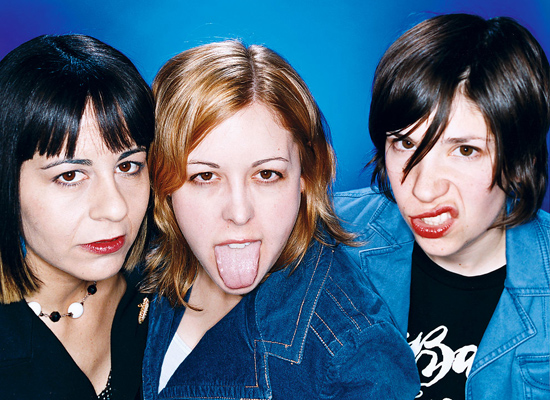
With the rise in streaming, playlists and new ways to discover music, do you think music curation is still important?
I think curation is hugely important just because if people want to find really good stuff, I think having someone who you trust to feed you new things and getting a personalized recommendation is always going to be better than whatever you’re going to get from the algorithm. But it’s true that the algorithm does a pretty good job of figuring out what people like.
I think what’s nice about curation is it might turn you on to something that is a little bit outside your wheelhouse. If you just kind of want to get more of the same, if you want to get stuff that sounds like the music that you already like, then the algorithm is going to be really good for that. But I love that I discover through music criticism—through other critics who have different specializations than me, who are plugged into different scenes than me. I love discovering whole new worlds of sound. And I don’t think that you’re necessarily going to get that from just autoplay on Spotify after whatever album you’re listening to has finished up. So, I think for somebody who is really hungry for new music and wants to have new discoveries and kind of break into new frontiers, curation is essential.
I’m sure you’ve read about or experienced the increasing use of AI for music generation. It worries me. Even when Kraftwerk was aiming for Man-Machine music there were operators behind their pocket calculators. I guess I prefer that. What’s your take?
Like you, I instinctively don’t like it. I don’t like the idea of AI-generated music. I want the music to be made by humans. I want to be getting human expression that I’m connected with. And I like the idea that it takes some skill and some craftsmanship. But every new generation gets new technology, new tools. And so, I don’t want to just have that knee-jerk reaction. I don’t want to be married to my initial thoughts on it. I want to keep an open mind or to have my mind changed on it. I read Liz Pelly’s book Mood Machine, and she was starting from the same presuppositions as you and I that Spotify incorporating AI-produced music into their playlists is a negative. I don’t want AI-produced music. I want real music made by real people.
But I read a really interesting response to her book by the critic Nick Sylvester, who’s a music producer now. And he just prodded at that presupposition and was like, “A lot of listeners don’t care.” A lot of listeners just want something that sounds good and feels good, and it doesn’t matter to them if they’re making a human connection or supporting human artists. So, if you’re thinking about music from a utilitarian standpoint, I can see the argument for it.
But as somebody who loves the arts and loves the process of creativity, the thought of outsourcing creativity to machines feels like the wrong use of AI. So, that’s where I’m at with it. I’m right there with you. I’m a little bit afraid that 20 years from now, I’m going to look back on that take and feel I was stuck in my old ways. But that’s how I feel about it right now.
Last question. You cover a lot of artists throughout the book. If you had to recommend the five most foundational for indie music, who might they be?
I’m going to forego all the ’90s stuff because that’s really just prologue to the story that I end up telling. I would say the Strokes, Arcade Fire, LCD Soundsystem, Bon Iver, and CHVRCHES. I feel like that covers the trajectory of the book.


